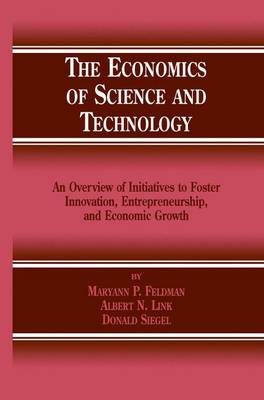Science and technology have long been regarded as important determinants of economic growth. Edwin Mansfield (1971, pp. 1- 2), a pioneer in the economics of technological change, noted: Technological change is an important, if not the most important, factor responsible for economic growth . . . without question, [it] is one of the most important determinants of the shape and evolution of the American economy. Science and technology are even more important in the "new economy," with its greater emphasis on the role of intellectual property and knowledge transfer. Therefore, it is unfortunate that most individuals rarely have the opportunity to explore the economic implications of science and technology. As a result, the antecedents and consequences of technological change are poorly understood by many in the general public. This lack of understanding is reflected in a recent survey conducted by the National Science Board (2000), summarized in Science & Engineering Indicators. ' As shown in Table 1. 1, the findings of the survey indicated that many Americans, despite a high level of interests in such matters, are not as well-informed about technological issues as they are about other policy issues. As shown in the table, individuals self assess, based on a scale from 1 to 100, their interest in science and technology policy issues as being relatively high, yet they self assess their knowledge or informedness about these issues relatively lower.
- ISBN13 9781461353355
- Publish Date 23 October 2012 (first published 31 May 2002)
- Publish Status Active
- Publish Country US
- Imprint Springer-Verlag New York Inc.
- Edition Softcover reprint of the original 1st ed. 2002
- Format Paperback
- Pages 135
- Language English
